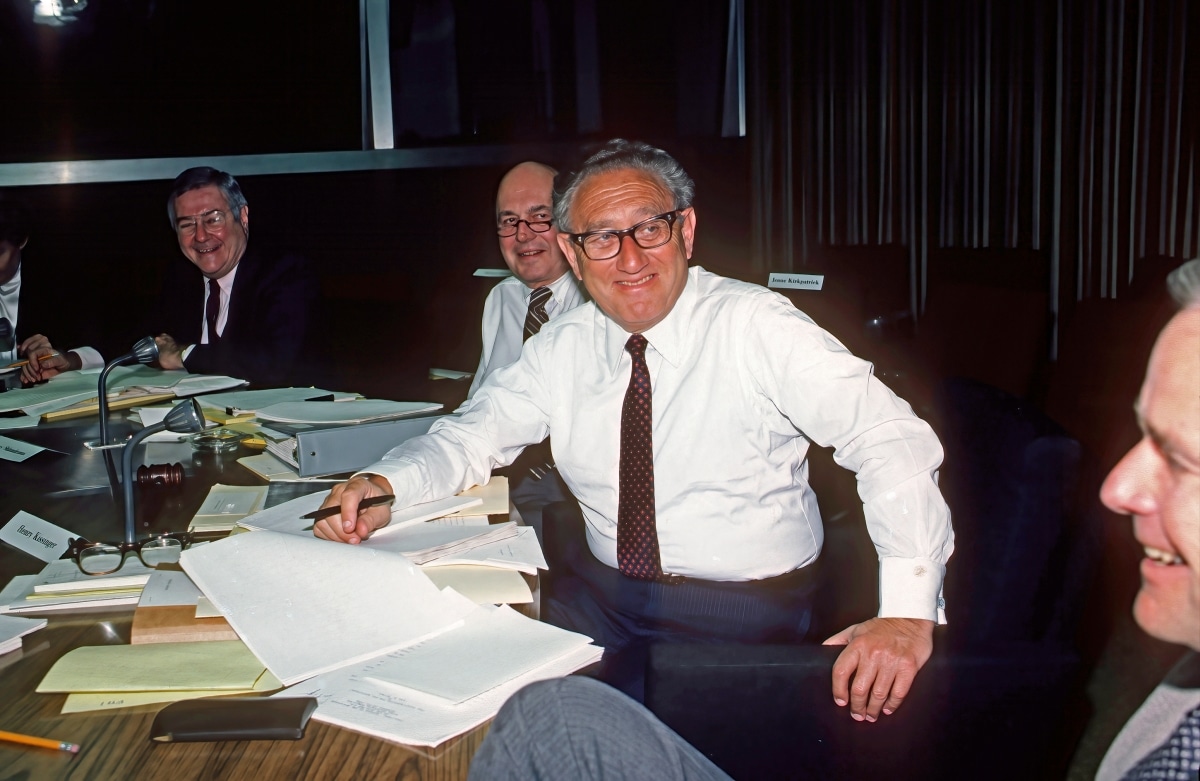Former U.S. Secretary of State Henry Kissinger’s contributions to U.S. foreign policy over seven decades continue to garner attention as he turns 100. Despite being hailed as a profound thinker and strategist, the so-called “Kissinger conundrum” questions whether his reputation fully aligns with his achievements. His career has been divided into three phases: his scholarly stint at Harvard, his government service under U.S. Presidents Nixon and Ford, and his career as an author and consultant at Kissinger Associates. Each phase is marked by achievements and controversies, bringing into question whether he truly surpasses his contemporaries in terms of impact and legacy.
Key Points:
- Henry Kissinger, the former U.S. Secretary of State, recently celebrated his 100th birthday, reflecting on a career that has spanned nearly seven decades and has had a significant influence on U.S. foreign policy.
- The “Kissinger conundrum” questions whether Kissinger’s reputation, particularly as a foreign-policy thinker, is fully merited given his overall career track record.
- Kissinger’s career is divided into three phases: his early academic career at Harvard, his service in the Nixon and Ford administrations, and his subsequent career as an author and consultant.
- Kissinger’s achievements, such as the opening to China, arms control agreements with the Soviet Union, and his handling of Arab-Israeli conflicts, are often weighed against his support for the Vietnam War and controversial decisions in Chile and the Indo-Pakistani war.
- Despite his vast number of publications since leaving government, none of them, apart from his memoirs, are considered groundbreaking contributions to scholarship. His memoirs provide a unique firsthand account of serving as a diplomat and strategist for the most powerful country in the world.
Continue reading at https://foreignpolicy.com/2023/06/09/henry-kissinger-birthday-reputation-foreign-policy/?ref=thebrowser.com






